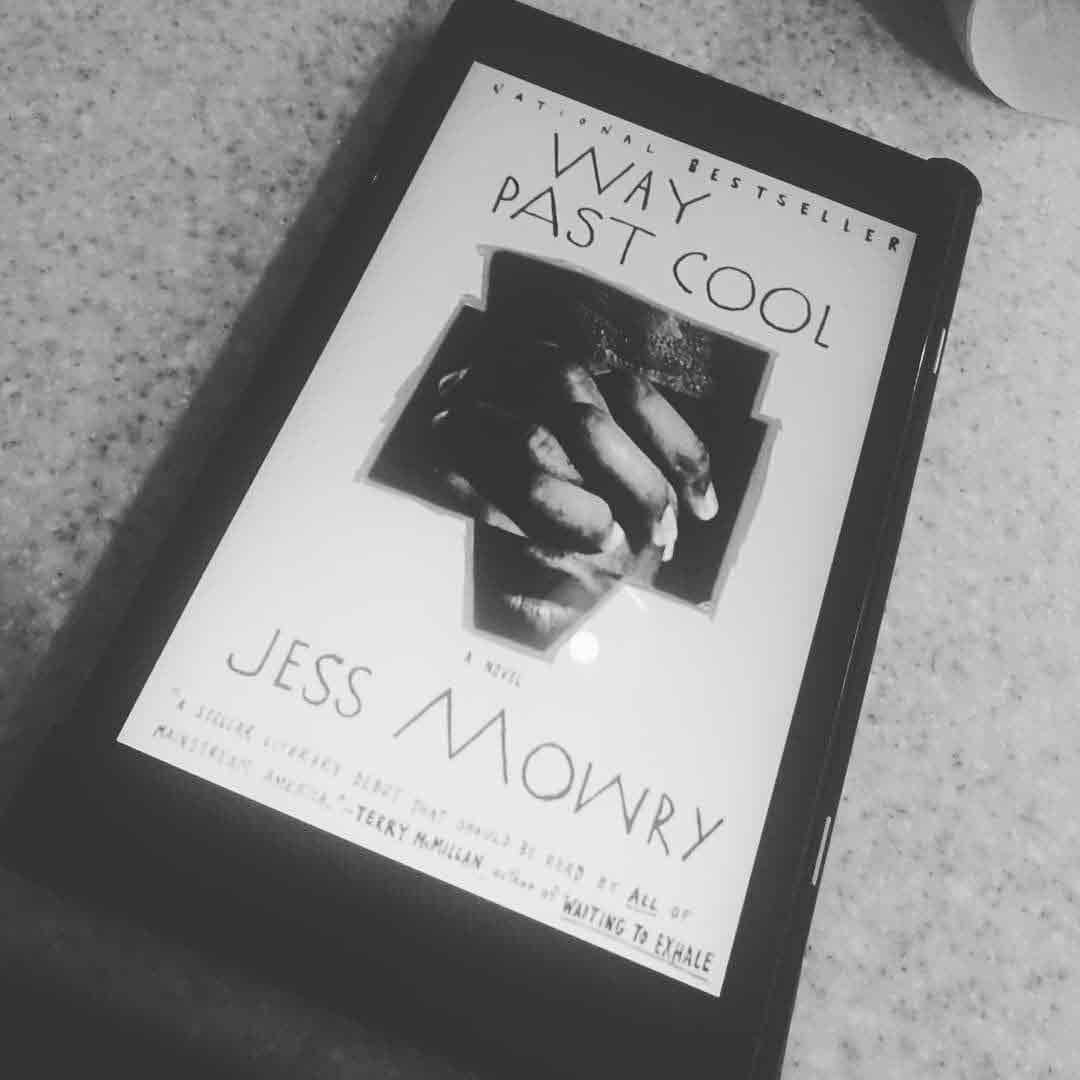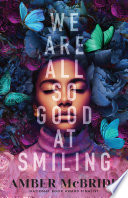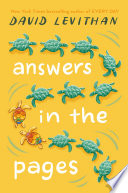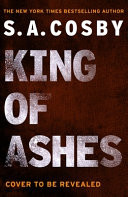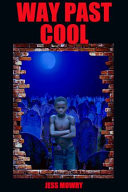Way Past Cool | Jess Mowry
Way Past Cool was the first -- perhaps the only -- novel of urban American black life in the early 1990's: the era of collapsed structures, lost dreams, dashed hopes, agonizing violence, and a level of rage that for white America is simply unfathomable. But, have things gotten any better?Way Past Cool is the story of 13-year-old boys who live alone in abandoned buildings, of 16-year-old single mothers, and of lives that make kids old by the time they graduate from junior high... if they live that long.This novel stars Gordon, who at the age of 13, leads his gang through the deadly streets of West Oakland, California. He carries a gun, has seen more people die than a Vietnam platoon leader, and can out-swear a dozen sailors. Gordon is backed by Lyon, a fragile-looking soft-spoken boy whose forays into mysticism have given him a spirituality that belies that fact that he'll blow your head off if he has to. Gordon's gang, known as The Friends, live in a state of tense coexistence with The Crew. The tenuous peace of their neighborhood is broken by Deek, a drug dealer whose bodyguard, Ty, is trying to protect his own little brother from the street life. Deek is trying to sell guns to each gang in hope of escalating their turf rivalry into real war... for his benefit. On the sidelines sit the police. The ones who aren't actually on the take are happy to let the kids kill each other off.Throughout this story of despair, violence, and hopelessness, runs a thread of human feeling and power that prevails even over the horrific reality of the characters' lives. The connection between the members of the gang is one of mutual survival, and of kids trying to meet each other's emotional needs without "proper parental guidance" or decent societal role-models. These young boys are violent, vulgar, and perceived by most of mainstream society as a lost cause, yet there is something uniquely human about them... all children are born knowing how to love, but must be taught how to hate. In a way that many "kinder and gentler" people will never understand, they love each other, and in each other they find hope.
